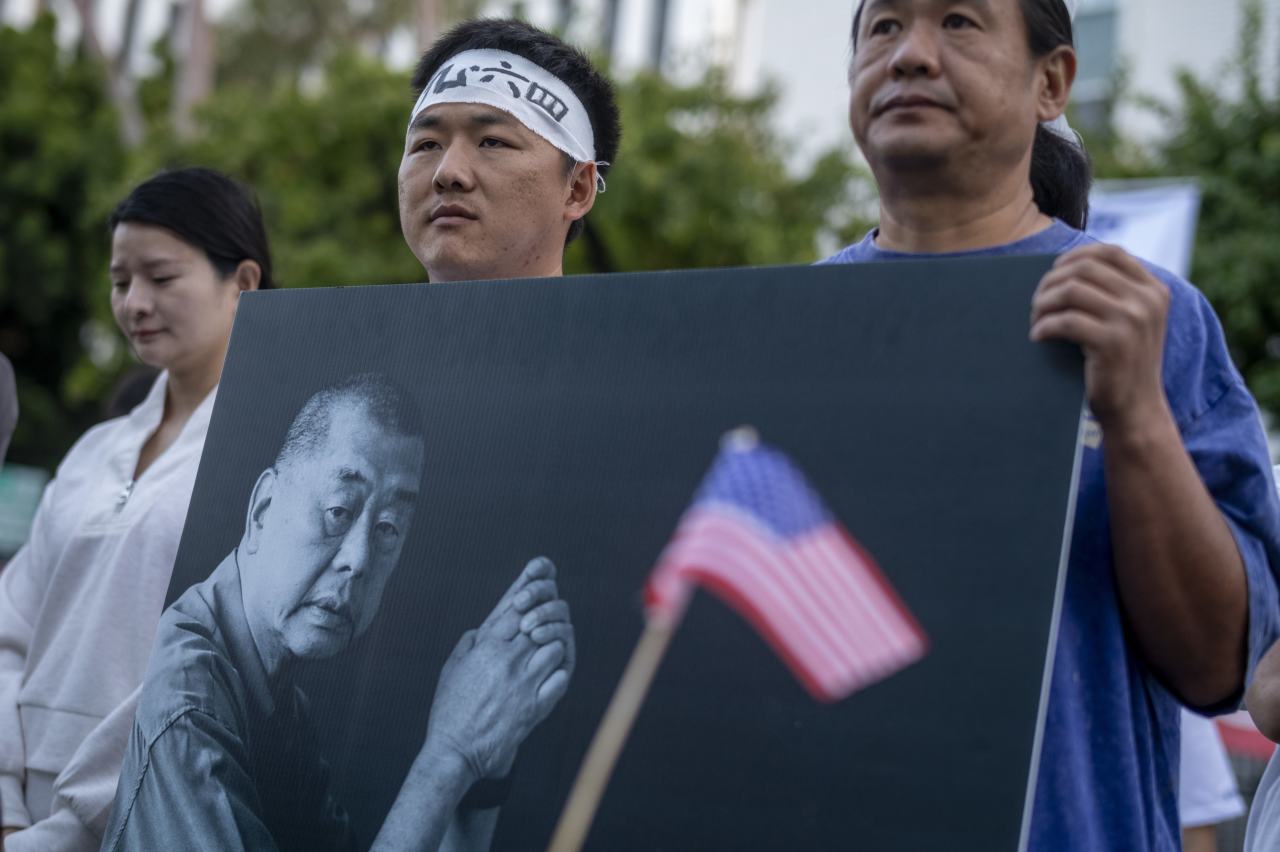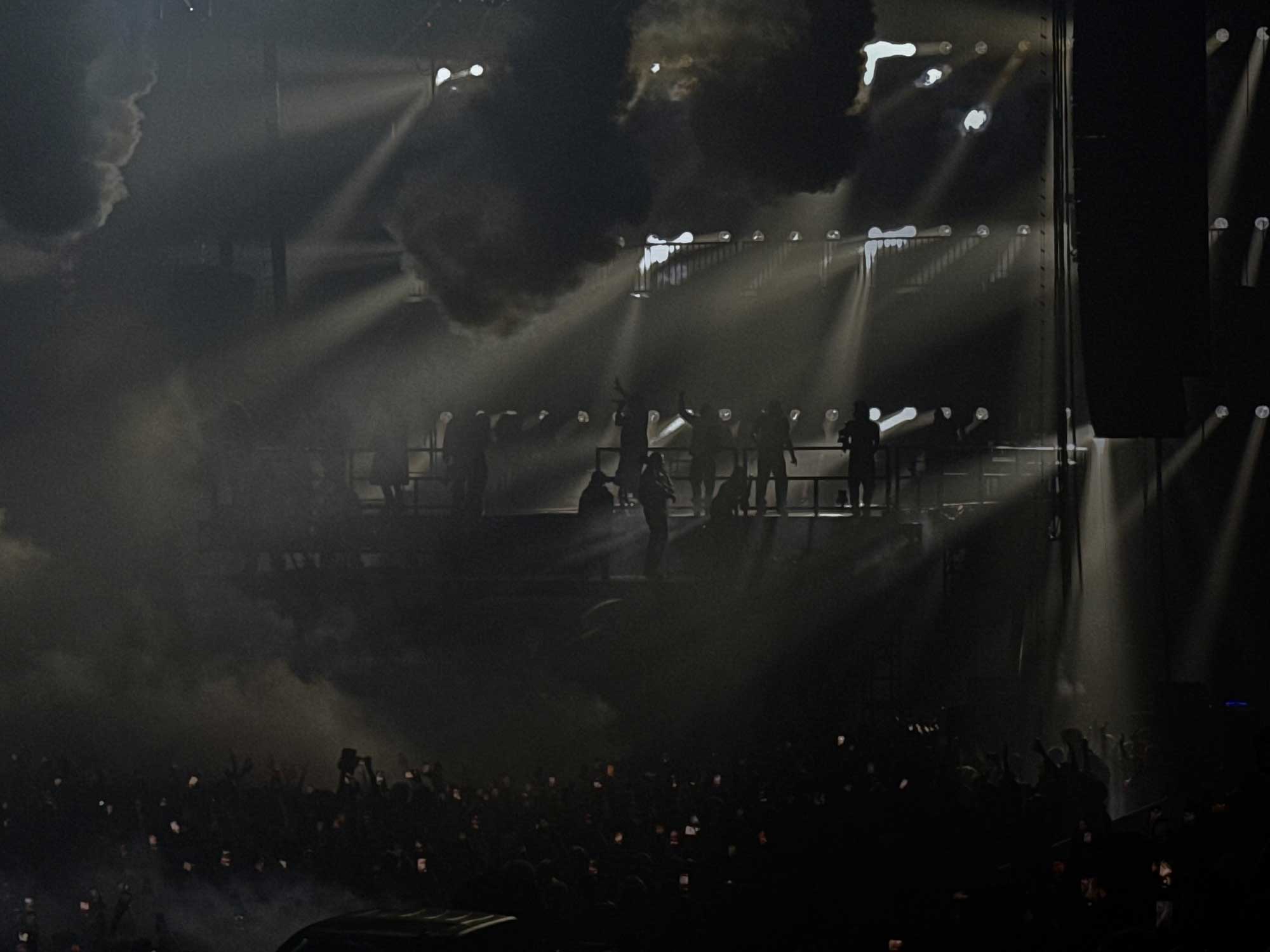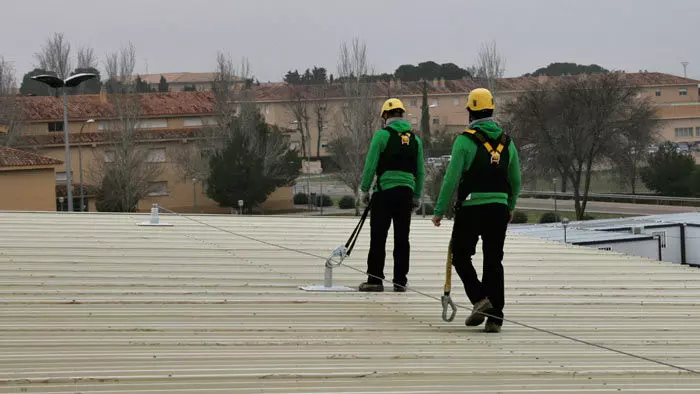Hong Kong Faces Growing Reputation Risk in Jimmy Lai’s Case

The prosecution of prominent Hong Kong publisher Jimmy Lai continues to raise significant concerns regarding the city’s international standing. Lai, the founder of the now-defunct newspaper Apple Daily, has spent yet another summer in prison amid charges linked to the controversial National Security Law implemented in 2020. His ongoing detention highlights the fragile state of press freedom in Hong Kong and poses a broader threat to the reputations of both the city and mainland China.
As Lai awaits trial, the implications of his case extend beyond his personal circumstances. The international community is closely monitoring the situation, and numerous human rights organizations, including Human Rights Watch, have condemned the actions taken against him. They argue that the prosecution is part of a wider crackdown on dissent that has characterized Hong Kong’s political landscape since the introduction of the National Security Law.
The legal proceedings against Lai reflect a troubling trend in Hong Kong, where increasing restrictions on freedom of speech and press are evident. With Lai’s case drawing global attention, there are escalating fears that the city is losing its status as a bastion of free expression and a vital hub for international journalists. This shift threatens to deter foreign investment and damage Hong Kong’s reputation as a leading financial center.
Lai’s case exemplifies the broader challenges facing the media in Hong Kong. The former media mogul, now 77 years old, has become a symbol of the struggle for freedom of expression in the region. His imprisonment serves as a chilling reminder for many journalists and activists who are increasingly cautious about voicing dissenting opinions.
In a recent statement, Lai expressed his hope that the international community would continue to advocate for the rights of individuals facing similar pressures. “We are all in this together,” he stated, emphasizing the importance of solidarity in the face of oppression.
The stakes are high for Hong Kong as it navigates the fallout from Lai’s prosecution. Critics argue that the city’s leadership must reassess its approach to dissent if it hopes to maintain its global reputation. The pressure is mounting for Hong Kong to find a resolution that respects human rights while also fostering a stable environment for business.
As discussions surrounding Lai’s case unfold, the potential for diplomatic consequences looms large. Countries that prioritize human rights may reconsider their relationships with Hong Kong and China. The situation highlights the delicate balance that must be struck between national security and the protection of fundamental freedoms.
With every passing day, the eyes of the world remain fixed on Hong Kong. The outcome of Lai’s trial will likely shape perceptions of the city’s commitment to democratic principles and its future as a global financial hub. The urgency for a resolution that honors both the law and individual rights has never been more critical.
In the face of these challenges, the Hong Kong government faces a pivotal moment. Stakeholders within the city and abroad are calling for a reassessment of policies that undermine civil liberties. As Lai continues to endure the repercussions of his outspoken views, the implications of his prosecution extend far beyond his personal plight, reflecting a broader struggle for democracy in the region.






